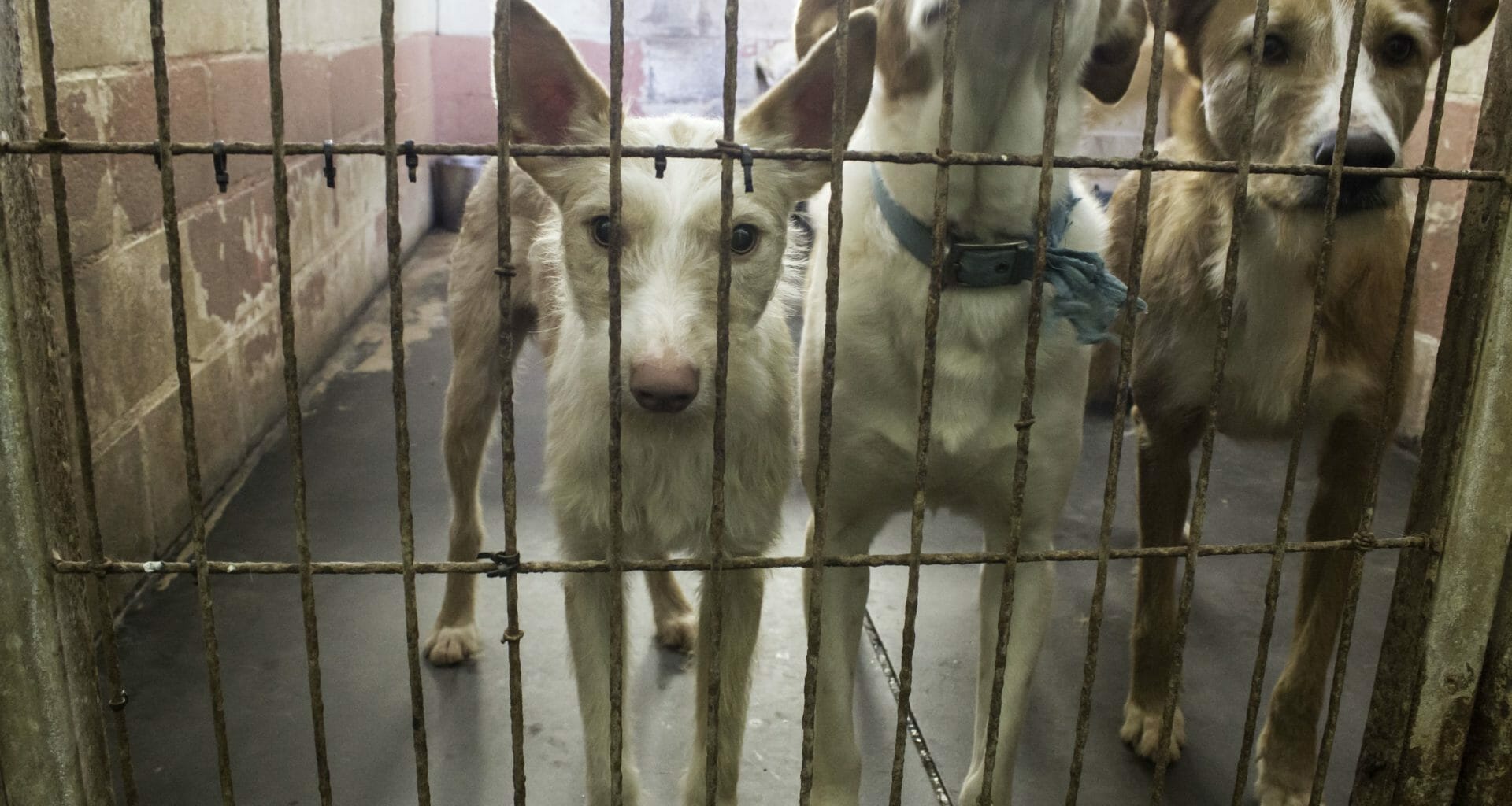An animal welfare charity which received 23 reports about puppy farming in Scotland is warning people to be aware of financial scams involving fraudsters luring people into paying deposits for dogs that do not exist.
Naturewatch Foundation, a UK-wide organisation which works with the Scottish SPCA, campaigns against puppy farming and conducts covert cybercrime investigations.
During 2020 the charity received over 350 reports linked to puppy farming across the UK including the 23 related to Scotland.
It says the Covid-19 pandemic has resulted in a “huge increase” in the number of reports it normally receives, reflective of an increased demand for puppies and highly inflated prices being charged by dealers.
Naturewatch Foundation, which investigated the allegations of puppy farming and passed its intelligence to the Scottish SPCA, warns the number of financial scams has also increased.
These include people purporting to be in remote places advertising puppies, who offer to transport them to prospective new owners anywhere in the UK, for a deposit and courier charge. In reality the puppies never existed, and images posted online by fraudsters had been taken from other sites.
Incidents recorded by Naturewatch Foundation included a complaint over an advert for Golden Retriever puppies to be shipped from Scotland in February 2020. The apparent seller would not show pictures of the puppies, when asked, nor provide any information on the mother. The seller said they would ship the puppies from Kirkwall, Orkney, but the advert was identified as a scam and disappeared.
Another advert in April 2020 offered to sell Golden Retriever puppies from Fife. It said each pup came with a small pot for pooing but its English was of poor quality suggesting the involvement of foreign criminals. After investigation it was linked to the advert in February, as above, for Golden Retreivers.
Reports alleging puppy farming in Scotland received by Naturewatch Foundation included one last April regarding a Fife breeder advertising multiple breeds. The seller would not show images of the parents of the puppies on request.
Another suspect advert involved a puppy in Cardiff, Wales, with a seller listed as being in Birmingham. After exchanging texts, it transpired the seller was actually in Scotland, offering to ship Border Collies down to Wales.
Andy Swinburne, crime manager at Naturewatch Foundation, told The Ferret: “They (fraudulent sellers) try to get people to pay a deposit and a courier charge up front. They put up cute pictures of puppies to lure the person in but there are never any dogs involved. They’ll say ‘we’ve only got one left, you can have it if you pay a deposit and courier charge. You won’t have to pay the full amount until the puppy has arrived’. Once people realise they’ve been scammed the advert has gone.”
He added: “We are also well aware of the increase in the number of dogs and puppies being stolen to facilitate the demand, either through breeding or the sale of these poor dogs, bringing misery and heartache for the families who have lost their beloved pet.
“Certainly organised crime is behind much of the Industry and we will continue to work with our partners across Scotland to combat puppy farming, financial scams and the surge in the theft of dogs to supply the endless demand to have a dog.”
They try to get people to pay a deposit and a courier charge up front. They put up cute pictures of puppies to lure the person in but there are never any dogs involved.
Andy swinburne, crime manager at naturewatch foundation
Scottish SPCA chief superintendent Mike Flynn said lockdown had resulted in a huge increase in demand for puppies, leading to “unscrupulous dealers breeding animals and putting financial gain over animal welfare”.
He added: “Tackling the low-welfare puppy trade will take the involvement of all leading agencies and the public. In 2020, we seized over 150 puppies from the low-welfare trade. Over 750 calls were made to our animal helpline in 2020 regarding the puppy trade and 350 of these jobs led to investigations by our special investigations unit.
Recent SSPCA probes into puppy farms included an investigation into people in Fife allegedly selling dying puppies from their home in Glenrothes for £2500.
Meanwhile, new legislation known as Lucy’s Law has just been passed in Scotland. This means that puppies and kittens can no longer be sold by a third party seller – such as a pet shop or commercial dealer – unless they bred the animal themselves. Instead, from September 2021, anyone looking to buy or adopt a puppy under six months must either deal directly with the breeder or an animal rehoming centre.
Lucy’s Law is named after a Cavalier King Charles Spaniel rescued from a puppy farm five years ago. She was five years old and had spent most of her life in a cage. As a result of the conditions she was bred and kept in, her hips were fused, her spine was curved, she was infertile and suffered from epilepsy. Lucy was rehomed and it was her owner, Lisa Garner, who launched the campaign to introduce the legislation.
Richard Morrison, parliamentary liaison officer for the Scottish Kennel Club, said: “After working hard alongside Scottish Government and The Kennel Club , we welcome these new breeding regulations which aim to tackle bad breeding practices and cruel puppy farmers.
“Alongside Lucy’s Law, which is a huge win for dog welfare, we believe the more simple approach to licensing will be better for dogs and puppies across the nation, encouraging high welfare, responsible and caring breeding while stamping out those who carelessly churn out puppies for profit.”
For information on how to buy a puppy safely, people can visit the Scottish SPCA’s Say No To Puppy Dealers website at www.saynotopuppydealers.co.uk. Its animal helpline can be reached on 03000 999 999 and calls are treated confidentially.
Photo thanks to iStock and fotocelia














